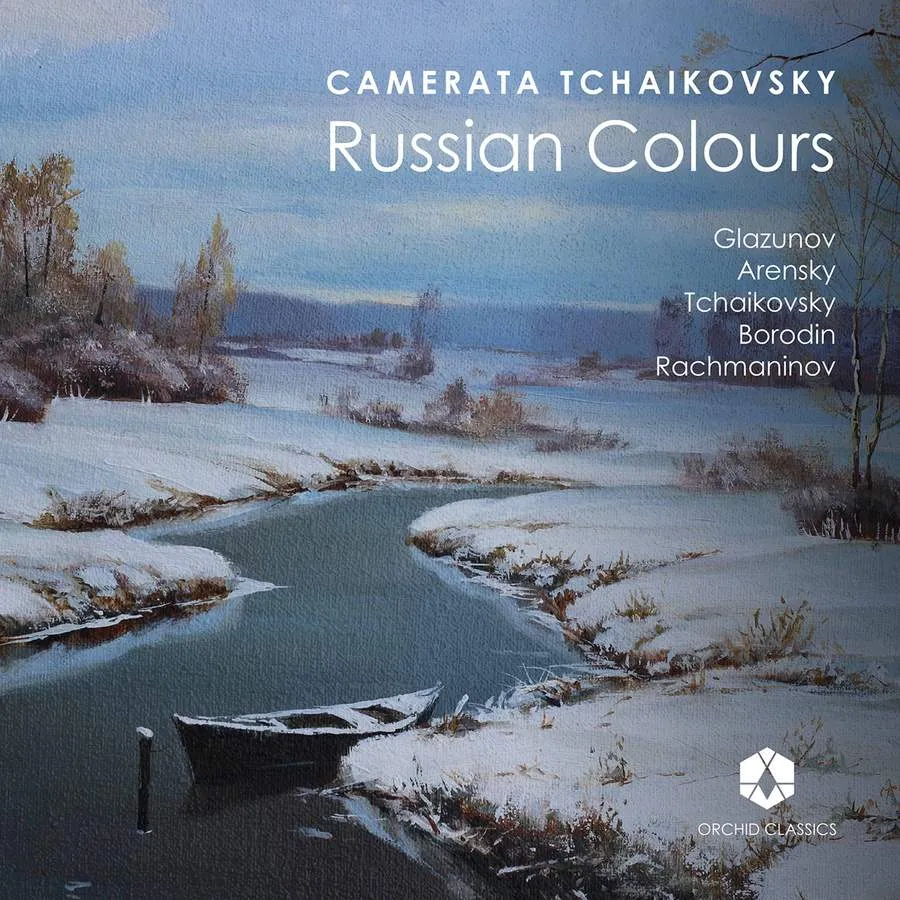
Russian Colours Glazunov: Saxophone Concerto in E flat major, Op. 109; Arensky: Variations on a Theme of Tchaikovsky, Op. 35a; Tchaikovsky: String Quartet No. 1 in D, Op. 11 – Andante Cantabile; Borodin: String Quartet No. 2 – Notturno; Rachmaninov: Vocalise, Op. 34 No. 14 Camerata Tchaikovsky/Yuri Zhislin Orchid Classics ORC100136 62:05 mins
Of these five transcriptions, the bigger works are relatively unfamiliar, while the single Tchaikovsky, Borodin and Rachmaninov movements form an extended ‘pops’ encore (the virtual running-together of tracks seems like an error). The revelation is Arensky’s so-called Second String Quartet, which I first heard played by violin, two violas and cello, though it’s scored originally with two cellos. The dark colours underline an elegiac homage to Tchaikovsky, whose simple ‘Legend’ from his Children’s Songsis the second-movement theme. That is more familiar as the string-orchestra Variations (including an extra one not in the quartet score). Yuri Zhislin, music director and founder of the crack string band formerly known as the Russian Virtuosi of Europe – some top names here are obviously not Russian – has arranged the outer movements and the rest of the programme himself. The players treat the first of Arensky’s religious chants detachedly, not so vocally – it returns in the movements which follow – yet their way with the finale’s requiem music is haunting. The other theme here is familiar from Musorgsky’s Boris Godunov and the second of Beethoven’s Rasumovsky Quartets, to which Arensky pays homage.
Glazunov’s Concerto for alto saxophone and strings, with the solo part deftly transferred to viola as played by Zhislin, is more meandering but blends Russian-style and typically pretty themes. There’s some inspired singing in Tchaikovsky and Borodin, but Rachmaninov’s Vocalise really needs a voice or solo instrument to carry its melodic line. Dry sound leaves the relatively small group exposed at times, but this is quality playing and programming, no doubt.
David Nice